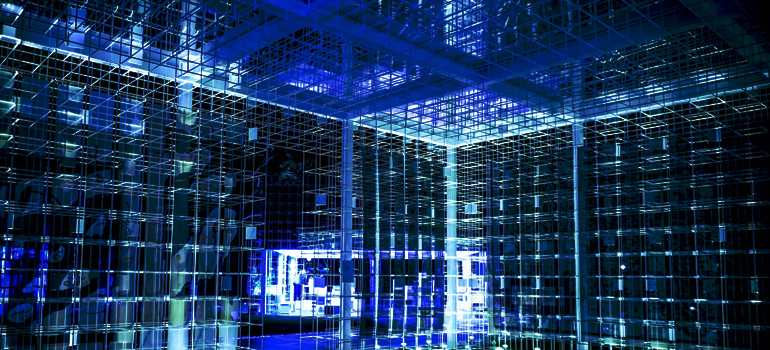A Dedicated Server Hosting Or A Cloud Server? Which is a Better Option?
Bare-metal Dedicated Servers (also called physical servers) are less complex and easy to install, maintain and troubleshoot. Administrators do not need to deal with the management of an additional technology layer like virtualization. Any virtualization technology needs support, which increases the management effort
Bare-metal servers feature vendor lock-in as they feature specific proprietary technologies and management tools.
The physical Dedicated servers are not scalable as they come with certain CPUs, memory, and data storage drives. So, when any project or a technology environment needs a lot of resources, those who make decisions need to over-provision, if they want to use physical servers.
The dedicated servers usually aren't fault-tolerant. Although many dedicated server models feature some form of failover, for example, RAID controllers for the data storage, they do not offer failover for the processing operations. If the RAM or CPU exhaust, there would be an interruption of the IT services delivered from a physical dedicated server.
On the contrary, depending on the underlying cloud computing technology, Cloud Servers feature failover. It could be achieved through software load-balancing (load-balancing as a service) or through mirroring of the cloud instance. There are different failover scenarios on the Cloud, that are not available in a physically dedicated server. The reason is that Cloud computing systems are built of many physical dedicated servers that combine their computing resources in a single infrastructure, using any virtualization (Cloud computing) technology.
As Cloud Servers reside on a cluster of physical servers, they can be scaled on demand. It takes less than 5 minutes to stop the cloud server, add CPU, RAM, or data storage, and then start it again. Scalability is important and this is one of the reasons to choose a Cloud Server over a bare-metal dedicated machine.
Cloud Servers are hardware agnostic. They are created through virtualization technology. Cloud Servers offer a high level of compatibility across different IT infrastructure environments. The virtual environment of a Cloud server - a Kernel-based VM, a VMware-based VM, or any VPS created through OS virtualization can be migrated between different Clouds without a hassle, as long as the same virtualization technology runs at both ends.
Cloud Servers are generally more expensive as they are created through virtualization and a certain amount of computing resources are used to maintain the underlying cloud infrastructure. However, if it is well-planned, Cloud infrastructures allow for better resource utilization. So, it is very possible a cloud server with the same resources as a physical dedicated server costs less.
Another advantage of Cloud Servers is that their users can pay based on resources usage. Unused CPU, RAM, and storage resources can be removed from the service and therefore from the monthly service bill.
To summarize:
- Physical dedicated servers mean stability, solidity, and less management effort. However, they are not scalable and usually require overprovisioning.
- Cloud Servers mean scalability, flexibility, and in many scenarios feature failover.
If any company needs to run software applications that require up to 8 CPU cores and up to 32 GB RAM, it is probably a better option to use a Cloud Server. If an organization needs a lot of CPU and RAM - for example, 32 CPU cores, 128 GB RAM, and terabytes of storage - it is probably a better decision to use a physical dedicated server(s).


